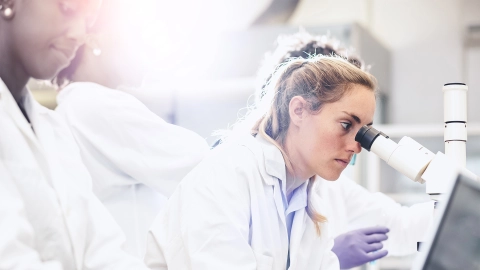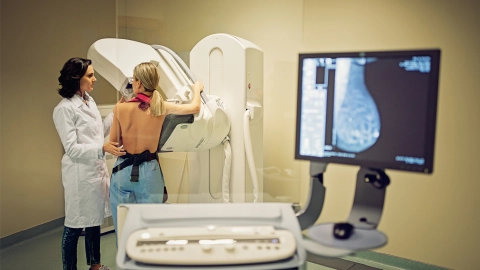ICD-Code C43.0: Malignant melanoma of lip
You have melanoma (skin cancer) on the lips.
The tissue in the body is made up of cells. With cancer, the cells multiply uncontrollably, which leads to a malignant neoplasm (abnormal growth of tissue) developing. The cancer cells can destroy the healthy tissue and spread throughout the body.
Melanoma causes special skin cells to multiply uncontrollably. In the skin, special cells produce a dark pigment. This pigment is to protect the body from sunlight. If a lot of sunlight gets on your skin, then these skin cells produce more pigment. This makes the skin brown. These melanin-producing skin cells also occur in the scalp. There the cells release the pigments to the hair roots. These pigments determine the color of the hair. If these melanin-producing cells multiply uncontrollably, a dark patch can appear on the skin.
Additional indicator
On medical documents, the ICD code is often appended by letters that indicate the diagnostic certainty or the affected side of the body.
- G: Confirmed diagnosis
- V: Tentative diagnosis
- Z: Condition after
- A: Excluded diagnosis
- L: Left
- R: Right
- B: Both sides
Further information
Source
Provided by the non-profit organization “Was hab’ ich?” gemeinnützige GmbH on behalf of the Federal Ministry of Health (BMG).





